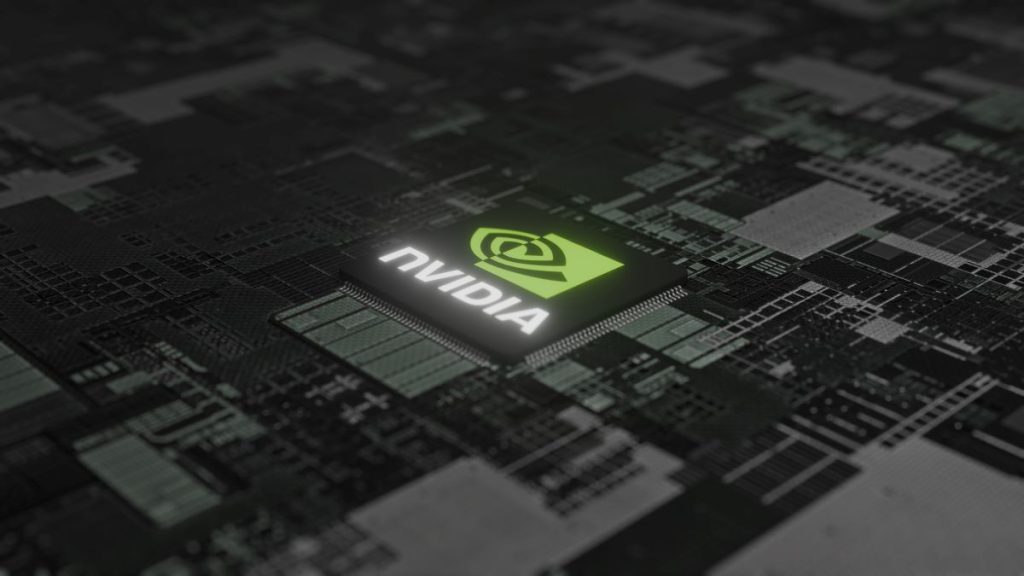
Nvidia, known for its GPUs, is the key player in the AI chip market, providing the necessary hardware to train massive AI models, such as those developed by OpenAI for ChatGPT; however, Chinese companies are emerging as a potential Nvidia alternatives in this space.
Although Nvidia is still allowed to sell certain chips to China, the U.S. has been willing to block its tech rival from accessing the most advanced semiconductors and tools. This has increased the focus on China’s homegrown efforts to create its own semiconductors to support its AI ambitions. Here are some of the top Chinese companies that are emerging as potential competitors to finding a Nvidia alternative:
- Huawei
Huawei, a leading Chinese tech giant, operates in areas ranging from telecommunications and consumer electronics to cloud computing. Its chip design division, HiSilicon, develops the Ascend series of data center processors. These chips are sold as part of Huawei’s AI servers under the Atlas brand, which are used in data centers for AI model training.
The current generation of Huawei’s chip is the Ascend 910B, and the company is preparing to launch the Ascend 910C, which could rival Nvidia’s H100 product, as reported by the Wall Street Journal in August. “It is not just about the hardware, but about the overall ecosystem, tools for developers, and the ability to continue to evolve this ecosystem going forward as the technology advances,” said Paul Triolo, an associate partner at consulting firm Albright Stonebridge. Huawei aims to build a comprehensive software ecosystem around its Ascend processors to strengthen its position in the market.
- Alibaba and Baidu
Alibaba and Baidu, two of China’s biggest internet companies, also purchase Nvidia chips but are designing their own semiconductors for AI applications. Baidu’s Kunlun chips are developed for servers and autonomous cars, while Alibaba’s semiconductor design unit, T-Head, has created an AI inference chip named the Hanguang 800. This chip is already being used to enhance Alibaba’s recommendation systems on its e-commerce platforms.
- Biren Technology
Biren Technology is another Chinese company aiming to compete with Nvidia by designing general-purpose GPUs and offering a software development platform for building applications on its hardware. Biren’s Bili series of chips are tailored for AI training in data centers. However, like several other Chinese tech firms, Biren is on the U.S. Entity List, which restricts access to certain American technologies, impacting the China semiconductor industry. - Cambricon Technologies
Cambricon Technologies develops a variety of semiconductors, including those that train AI models and others that run AI applications on devices rather than in data centers. Despite its ambitious goals, the company has faced significant financial challenges, including layoffs reported last year. Cambricon is also on the U.S. Entity List, limiting its ability to access essential U.S. technology. This raises questions about what China will mean for the semiconductor industry going forward. - Moore Threads
Founded in 2020, Moore Threads is developing GPUs specifically designed to train large AI models. Its MTT KUAE product for data centers aims to make the company a “global GPU leader,” as stated on its website. Moore Threads has backing from notable investors, including ByteDance (the parent company of TikTok), Sequoia, and GGV Capital. However, the company is also on the U.S. Entity List, which presents challenges for its growth and is indicative of the broader Chinese alternative to Nvidia alternatives. - Enflame Technology
Enflame Technology is another Chinese startup focused on creating chips for AI training and processes in data centers. With Tencent, one of China’s biggest tech firms, as an investor, Enflame is positioning itself as a potentialhomegrown Nvidia alternatives.
At The End of The Day
As the U.S. continues to tighten restrictions on the China semiconductor industry, Chinese efforts to find a Nvidia alternatives to develop its own AI chips have gained momentum. Chinese companies like Huawei, Alibaba, Baidu, Biren Technology, Cambricon Technologies, Moore Threads, and Enflame Technology are all vying to become significant players in the AI hardware sector. Each brings unique strengths to the table, from creating specialized chips to developing comprehensive software ecosystems. While challenges remain, especially for companies on the U.S. Entity List, China is determined to reduce its dependency on foreign technology and play a leading role in the future of AI.”
Inside Telecom provides you with an extensive list of content covering all aspects of the tech industry. Keep an eye on our Tech sections to stay informed and up-to-date with our daily articles.